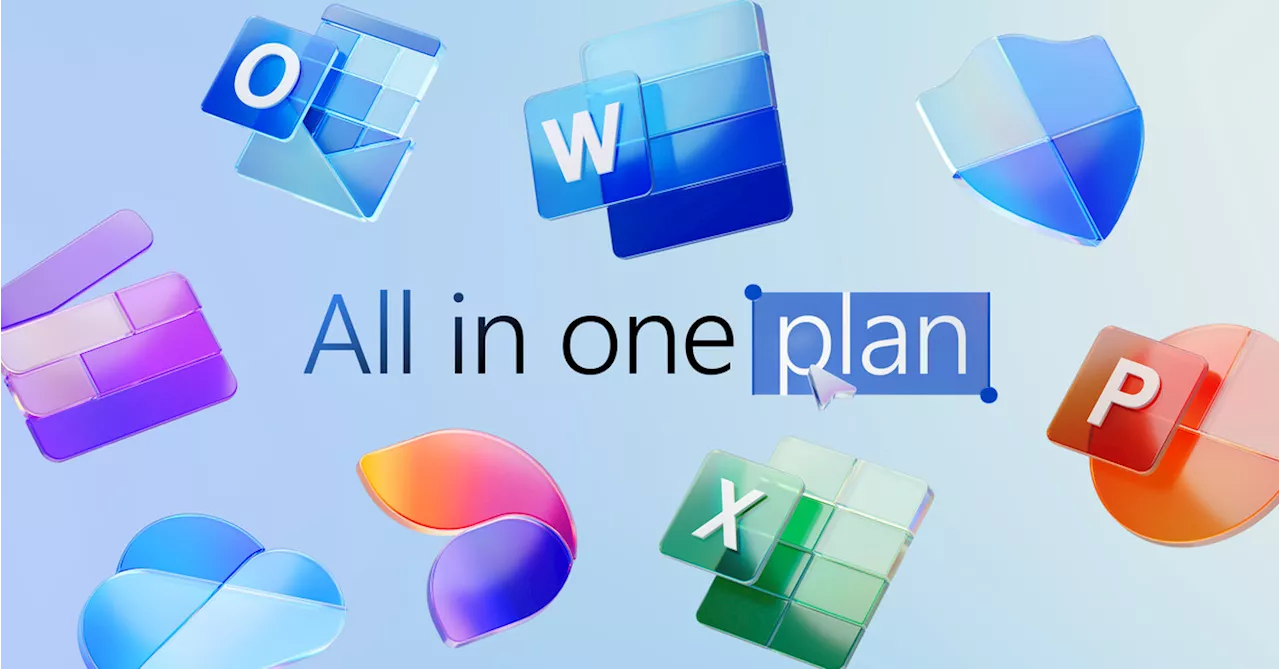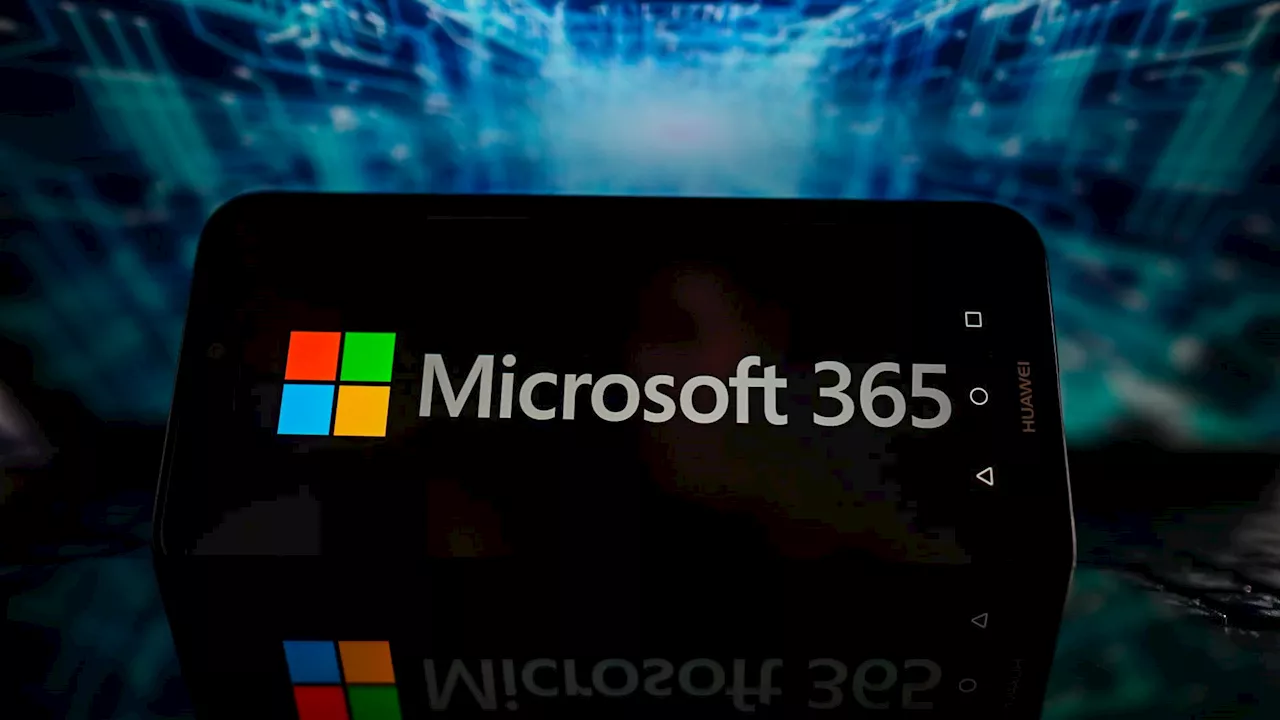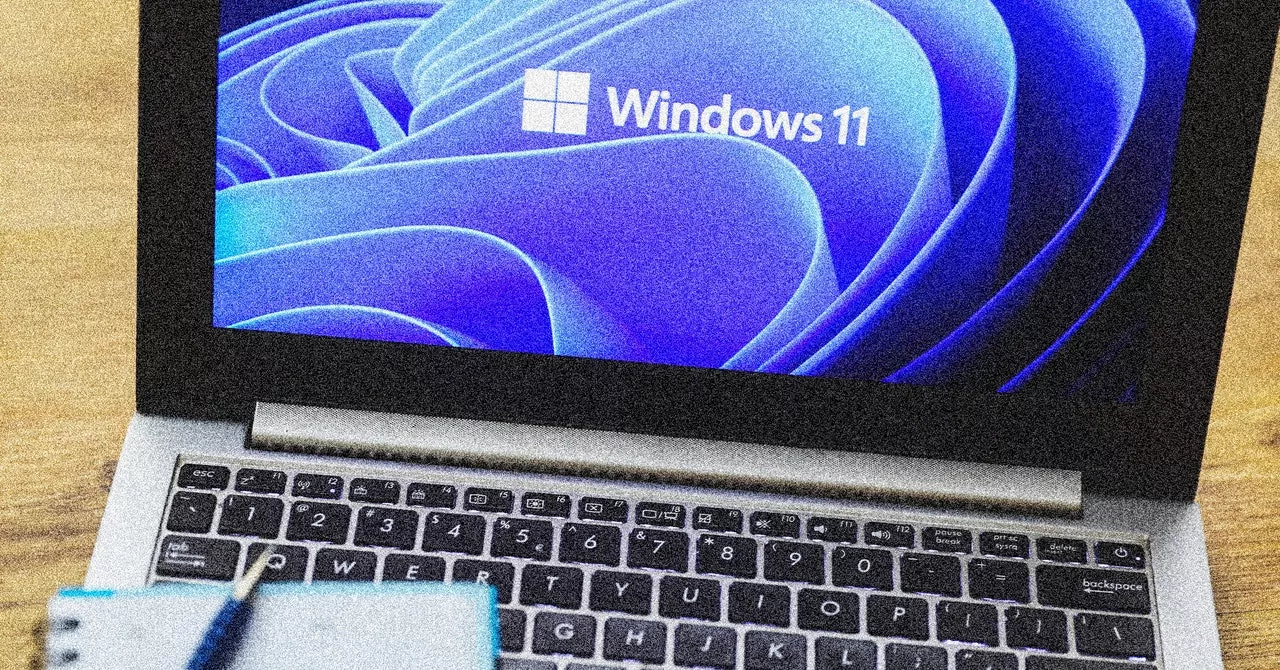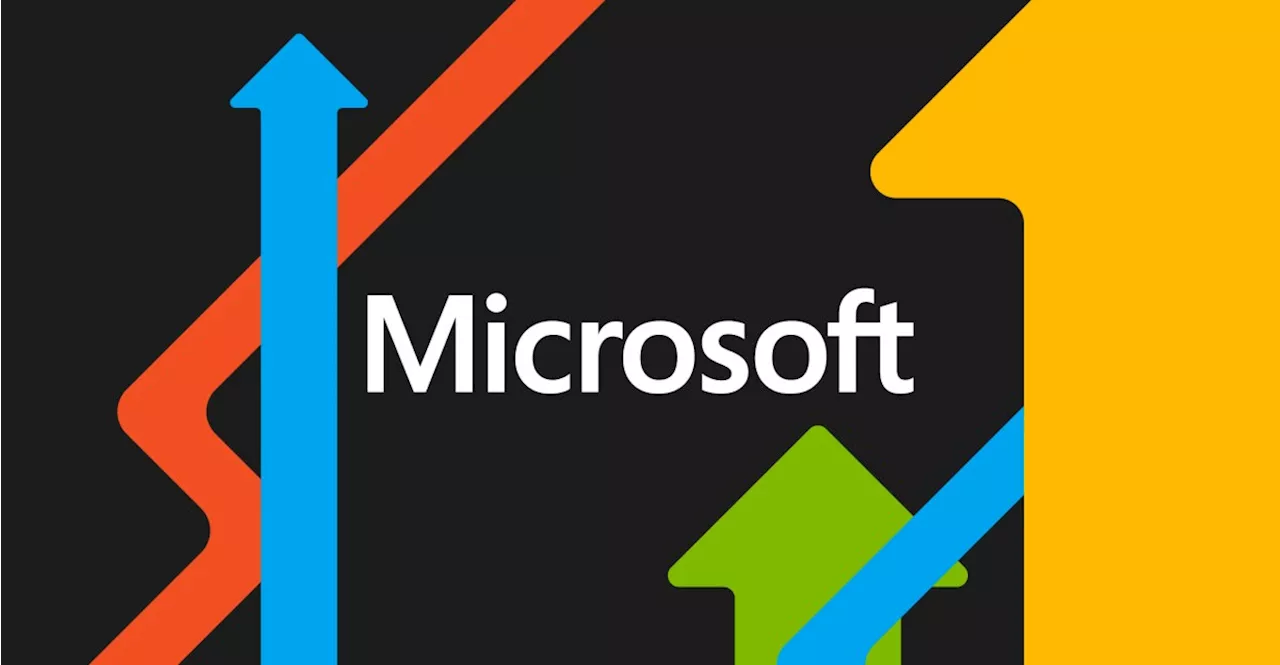Microsoft is discontinuing the VPN feature included with its Microsoft 365 subscription service, effective February 28th. The company cites low usage and a focus on evolving customer needs as reasons for the removal. Subscribers will still have access to identity theft and credit monitoring in the US, but will need to explore alternative VPN solutions.
Microsoft is getting ready to remove the VPN feature from its Microsoft 365 subscription later this month. Originally designed as a privacy feature, the VPN in Microsoft 365 utilizes the Microsoft Defender app to encrypt internet traffic and hide IP addresses. Microsoft is now removing this privacy protection feature from Microsoft 365 on February 28th. “We routinely evaluate the usage and effectiveness of our features.
Microsoft 365 subscribers will still get access to identity theft and credit monitoring in the US, but they’ll have to look elsewhere for VPN support. It’s clear that a lack of people using the privacy protection feature has led to Microsoft removing it, but the VPN in Microsoft 365 was never fully featured enough to be used widely.
MICROSOFT 365 VPN PRIVACY Subscription Feature Removal
United States Latest News, United States Headlines
Similar News:You can also read news stories similar to this one that we have collected from other news sources.
 Microsoft Bundles AI Features into Microsoft 365, Raises PricesMicrosoft is integrating its AI-powered Office features, including Copilot, into its Microsoft 365 Personal and Home subscriptions for an extra $3 per month. Existing subscribers can opt out of the AI features and avoid the price increase. Microsoft 365 Personal and Family subscriptions in the US are increasing by $3 per month. Microsoft is also introducing new plans, Personal Classic and Family Classic, for existing subscribers who want to avoid the AI features and price increase.
Microsoft Bundles AI Features into Microsoft 365, Raises PricesMicrosoft is integrating its AI-powered Office features, including Copilot, into its Microsoft 365 Personal and Home subscriptions for an extra $3 per month. Existing subscribers can opt out of the AI features and avoid the price increase. Microsoft 365 Personal and Family subscriptions in the US are increasing by $3 per month. Microsoft is also introducing new plans, Personal Classic and Family Classic, for existing subscribers who want to avoid the AI features and price increase.
Read more »
 Microsoft raises price of consumer version of Microsoft 365 for first time in 12 yearsIn a blog post on Thursday, Microsoft said it’s increasing the price of its Microsoft 365 bundle for consumers by $3 a month.
Microsoft raises price of consumer version of Microsoft 365 for first time in 12 yearsIn a blog post on Thursday, Microsoft said it’s increasing the price of its Microsoft 365 bundle for consumers by $3 a month.
Read more »
 Microsoft Raises Price of Microsoft 365 Bundle by $3 a Month, Adds Copilot AI AssistantMicrosoft is increasing the price of its Microsoft 365 bundle for consumers by $3 per month, citing the addition of its Copilot AI assistant to key applications. The move marks the first price increase for the popular subscription service in 12 years. The updated pricing will see Microsoft 365 Personal increase to $9.99 per month and Microsoft 365 Family to $12.99 per month. Existing subscribers will have a limited-time window to switch to plans without Copilot or AI credits.
Microsoft Raises Price of Microsoft 365 Bundle by $3 a Month, Adds Copilot AI AssistantMicrosoft is increasing the price of its Microsoft 365 bundle for consumers by $3 per month, citing the addition of its Copilot AI assistant to key applications. The move marks the first price increase for the popular subscription service in 12 years. The updated pricing will see Microsoft 365 Personal increase to $9.99 per month and Microsoft 365 Family to $12.99 per month. Existing subscribers will have a limited-time window to switch to plans without Copilot or AI credits.
Read more »
 Microsoft Boosts Microsoft 365 Prices and Embraces AIMicrosoft is making a significant change to its consumer Microsoft 365 offering by integrating artificial intelligence (AI) capabilities and raising prices for the first time in 12 years. The company's Copilot AI assistant will be integrated into Word, Excel, PowerPoint, Outlook, and OneNote, enhancing productivity and user experience.
Microsoft Boosts Microsoft 365 Prices and Embraces AIMicrosoft is making a significant change to its consumer Microsoft 365 offering by integrating artificial intelligence (AI) capabilities and raising prices for the first time in 12 years. The company's Copilot AI assistant will be integrated into Word, Excel, PowerPoint, Outlook, and OneNote, enhancing productivity and user experience.
Read more »
 Microsoft Deadline: Windows 11 Required for Microsoft 365 by October 14Microsoft is requiring Windows 11 for continued use of the Microsoft 365 suite of apps, with support for Windows 10 ending on October 14. This move necessitates upgrades for many users due to Windows 11's demanding hardware requirements. Microsoft is actively promoting the adoption of Windows 11 PCs, calling 2025 the 'year of the Windows 11 PC refresh.' While Microsoft 365 apps will continue to function on Windows 10, performance and reliability may degrade without security and feature updates. Extended Security Updates are available for users seeking continued protection on older Windows 10 machines.
Microsoft Deadline: Windows 11 Required for Microsoft 365 by October 14Microsoft is requiring Windows 11 for continued use of the Microsoft 365 suite of apps, with support for Windows 10 ending on October 14. This move necessitates upgrades for many users due to Windows 11's demanding hardware requirements. Microsoft is actively promoting the adoption of Windows 11 PCs, calling 2025 the 'year of the Windows 11 PC refresh.' While Microsoft 365 apps will continue to function on Windows 10, performance and reliability may degrade without security and feature updates. Extended Security Updates are available for users seeking continued protection on older Windows 10 machines.
Read more »
 Microsoft Ends Support for Microsoft 365 Apps on Windows 10Microsoft has announced that support for Microsoft 365 apps on Windows 10 will end on October 14, 2023, coinciding with the end-of-support date for Windows 10 itself. This decision comes despite the availability of the Windows 10 Extended Security Updates (ESU) Program, which allows users to continue safely using Windows 10 for an additional year. While the apps will remain functional, they will no longer receive updates, potentially leading to performance and reliability issues over time. This move highlights the ongoing challenges Microsoft faces in transitioning users to Windows 11.
Microsoft Ends Support for Microsoft 365 Apps on Windows 10Microsoft has announced that support for Microsoft 365 apps on Windows 10 will end on October 14, 2023, coinciding with the end-of-support date for Windows 10 itself. This decision comes despite the availability of the Windows 10 Extended Security Updates (ESU) Program, which allows users to continue safely using Windows 10 for an additional year. While the apps will remain functional, they will no longer receive updates, potentially leading to performance and reliability issues over time. This move highlights the ongoing challenges Microsoft faces in transitioning users to Windows 11.
Read more »
